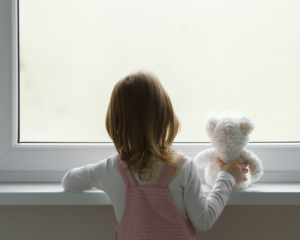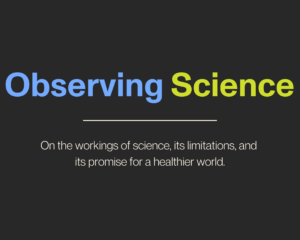Michael Bird
PHP sat down with Michael Bird, former president of the American Public Health Association, the first American Indian to hold that position. Mr. Bird works to call greater attention to the American Indian experience.

Read Time: 4 minutes
Published:
Michael Bird is a Pueblo Indian from New Mexico, and currently serves as the National Consultant on Native American/Alaskan Native Communities for the American Association of Retired Persons (AARP). He is also a former president of the American Public Health Association, the first American Indian to hold that position. Bird was recently felicitated along with 74 other influential alumni of the University of California, Berkeley School of Public Health during the school’s 75th anniversary celebrations. His experience spans various aspects of Indian health, including behavioral health and HIV/AIDS. Particularly concerned about health disparities and economic equality, Bird works to call greater attention to the American Indian experience.
Public Health Post: What do you think is the greatest threat to Native American health, under the current federal administration? What do you foresee happening as a result of that potential threat?
Michael Bird: I think there is, in fact, a very conscious effort to disenfranchise the citizens of this country, and going back to a historical context, it is not the first time. It really is a replay of what has gone on since the beginning of this nation. What is interesting is that now everyone else is having an indigenous experience. The economic inequities and policies that are benefitting the few to the detriment of the many, the redistribution of wealth, and the lack of support for public education and public housing is a threat to a host of programs that benefit us all. I think compassion is hard to come by with some people in this country today.
There’s a metaphor for the transfer of property and wealth in the Indian experience: when Christians came here, they had the book and we had land; now we have the book and they have the land. There’s been a real shift and that started with Native people in this country, and, it’s predicated on avarice and greed, with no concerns for the wellbeing of all people.
If you look at the Indian Health Service, it has only been funded at 50% of the level of need, and that continues to this day.
PHP: Is there a piece of legislation regarding Native American health either unwritten or in the process of being written that you would like to see passed or get voted down?
MB: The Department of Health and Human Services recently proposed that Indian tribes not be acknowledged, and was seeking to categorize Indians as another ethnic population. This diminishes the US government’s unique commitment to tribal nations, which is the basis of federal Indian policy and Indian law, established over 250 years ago when the first treaties were made. If you look at the Indian Health Service, it has only been funded at 50% of the level of need, and that continues to this day. So, we know there are issues and a big piece of it has to do with a lack of adequate resources, and recognition by federal officials and people in this nation that, historically, we continue to suffer and have some of the worst economic, social and health conditions of anyone in this country today. And, while this nation is committed to treaties with other countries across the globe, we are still waiting to see that this nation fulfills its commitment to tribal nations here. Part of it has to do with the commitment of resources, and engaging the private sector as well.
Public health is one slice of the big pie, and the other pieces fall under self-government and self-determination.
PHP: How would you advise young health professionals or grassroots organizations interested in Native American health to navigate this administration’s policies, and work towards effectively bringing about positive change?
MB: There’s the National American Indian Housing Council, for example, a nonprofit organization that works to promote housing for reservations and for Indian communities. And you know there are for-profit entities, some of them Indian and some of them non-Indian who have been incentivized to engage and work with the Native community by building housing and looking at tax credits. Public health is one slice of the big pie, and the other pieces fall under self-government and self-determination. Some tribes have been able to leverage their resources, both human and economic capital, and have done a better job than some of the federal agencies. I think it is about looking at those models of success and seeing if they can be replicated. And it’s not easy. If you’ve met one Indian, you’ve met one Indian; if you’ve been to one reservation, you’ve been to one reservation. It’s not a one size fits all, though; very community has a different experience.
PHP: Any final thoughts?
MB: By and large, the knowledge of Indian history among most non-native people in this country is next to nil. For those building programs or making policy, it’s really important to listen. I would say the major challenge is that, to the American public, Indian people are invisible. They don’t see us, they don’t think about us, and they don’t know about the history.
Feature image: Michael Bird, pictured with his mother at the University of California, Berkeley School of Public Health 75th Anniversary celebrations. Photo: Hewitt Photography.


